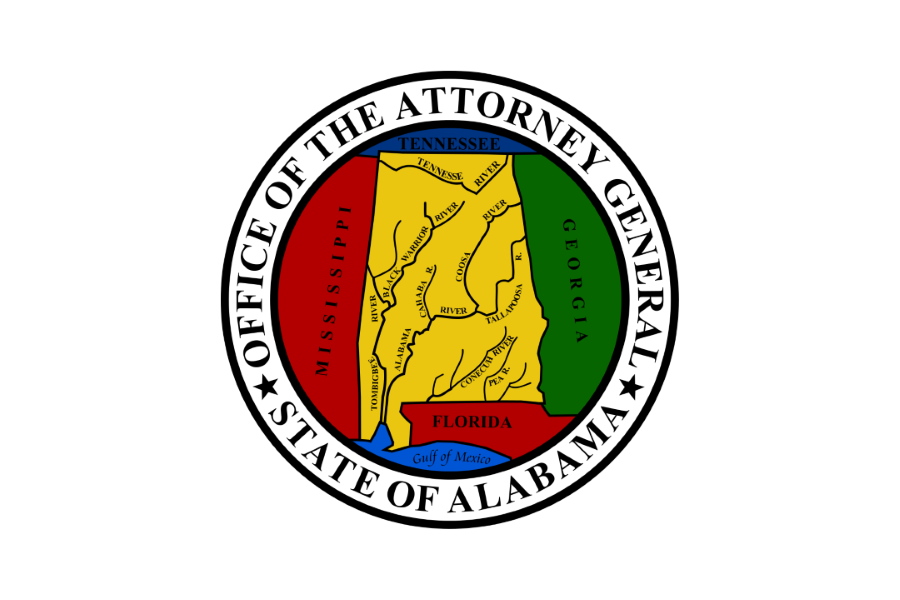Women in Alabama could face prosecution over use of abortion pills

The Attorney General of Alabama has threatened to use an obscure law passed in 2006 to prosecute women who terminate a pregnancy using pharmacological means, shortly after the FDA made access to the drugs easier.
Steve Marshall said this week that the state would use a law prohibiting 'chemical endangerment' of a child – introduced in 2006 to protect children from exposure to illicit drugs – as the basis for prosecutions.
Alabama has one of the most draconian anti-abortion laws in place, with all terminations after the point of conception deemed illegal, with no exceptions even for cases of rape or incest.
Under the state's Human Life Protection Act – which was first enacted in 2019, but was finally adopted after last year’s Supreme Court ruling to overturn Roe vs Wade, stripping women in the US of their constitutional protection for the right to abortion – a doctor who performs a banned abortion in the state could face life imprisonment.
The law does, however, exempt women seeking abortions from prosecution, so Marshall's plan marks an escalation in the state's anti-abortion policy.
[caption id="attachment_105404" align="alignright" width="137"] AG Steve Marshall[/caption]
AG Steve Marshall[/caption]
He said in a statement published by AL.com that the Human Life Protection Act "does not provide an across-the-board exemption from all criminal laws, including the chemical-endangerment law, which the Alabama Supreme Court has affirmed and reaffirmed protects unborn children."
Last week, the FDA ruled that retail pharmacies in the US will be able to dispense mifepristone-based therapies to end pregnancies, whereas formerly women seeking terminations had to get the drugs dispensed by a healthcare provider at a registered clinic.
Use of mifepristone with misoprostol as a two-drug regimen to terminate pregnancy, which is permitted up to a gestation of 10 weeks, has become more sought-after, particularly in the dozen or so US states that have implemented total or near-total bans on abortion.
Marshall's political opponents claim that the chemical endangerment law only applies to controlled substances regulated by the Drug Enforcement Administration (DEA), so cannot be applied to mifepristone or misoprostol.
Also this month, the US Department of Justice issued guidance confirming that the US Postal Service can deliver abortion drugs to people in states that have banned or severely restricted access to abortion care.
Anti-abortion groups had argued that delivering the drugs would contravene a 150-year-old law called the Comstock Act, aimed at fighting 'vice' by preventing the handling of certain materials by letter carriers, but the DOJ said it is not enforceable in the case of mifepristone or misoprostol "where the sender lacks the intent that the recipient of the drugs will use them unlawfully."
West Alabama Women's Centre responded to Marshall's statement by saying it "was meant to scare pregnant people from seeking abortions, but the reality is that they will still look for them – legal or not – because for some people remaining pregnant and giving birth is far more frightening than potential jail time."
The clinic added that those seeking abortion "are still going to leave the state, they are still going to self-manage, and the only thing this will change is how likely they will be to seek medical care if something goes wrong."













